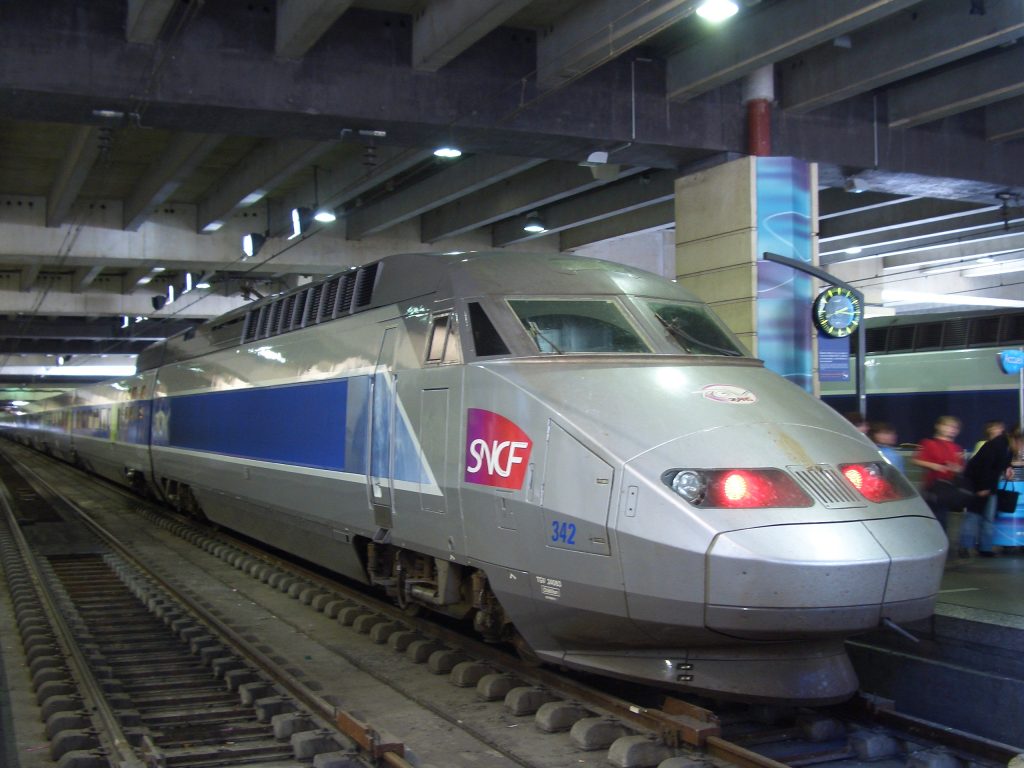The decision by the French government to restrict domestic flights in favour of rail sends a very clear message on the urgent need for modal shift to rail. The new French law will restrict short-haul flights where journeys can be made by rail in less than two and a half hours. This decision is based on the undisputable fact that rail is a sustainable mode of transport. The new law seeks to achieve the objectives of both the EU Green Deal and the Paris Accord. It aligns with the EEA “Plane or train” report published last month, which analysed journeys between 20 European cities and found that the environmental costs of railway travel are substantially lower than those of air travel.
Taking greenhouse gas emissions alone, CO2 (equivalent) per passenger kilometre is nearly five times less when travelling by rail than by air, and more than four times less than road. The European Sustainable and Smart Mobility Strategy published in December 2020 also places emphasis on modal shift and the importance of high-speed rail development.
UIC Director General, François Davenne, said “I think France is the first of many countries who will now set out clear policies and legislation to encourage modal shift and avoid carbon from transport. For us, it’s not about trains versus planes; it’s about picking the right mode for the right journey type in a synchronised multimodal system. Rail and aviation are working hard together to connect well at airports and allow those taking long-haul trips to complete their journeys in the most sustainable way. I know our members are working hard to continue to lead transport decarbonisation and are ready whenever passengers are to provide an excellent sustainable travel option”.
The UIC EcoPassenger tool provides a practical tool for travellers and decision-makers to compare the environmental impacts of different transport options, including the energy used to produce electricity or fuel, looking at the process “from well to wheel” . EcoPassenger is a well-balanced, transparent and scientifically sound method of environmental comparison, providing a standardised comparison of the major transport modes.
UIC brings together the global railway sustainability community and provides its own in-house expertise on environmental sustainability topics such as energy efficiency, circular economy, noise and vibration, air quality and sustainable land use. In 2021, the European Year of the Rail and the start of the UN’s “decade to make a difference”, UIC will work with its members to make tangible progress as the backbone of a sustainable mobility system.
“Train the mind to mind the train” Road Safety at Rail Crossings/ Level Crossings – Know how to approach and cross safely! https://t.co/DrbxOCwzS1 #ArriveAlive #levelcrossings @PRASA_Group @Rail_Safety pic.twitter.com/1eprQzstSU
— Arrive Alive (@_ArriveAlive) March 3, 2021
